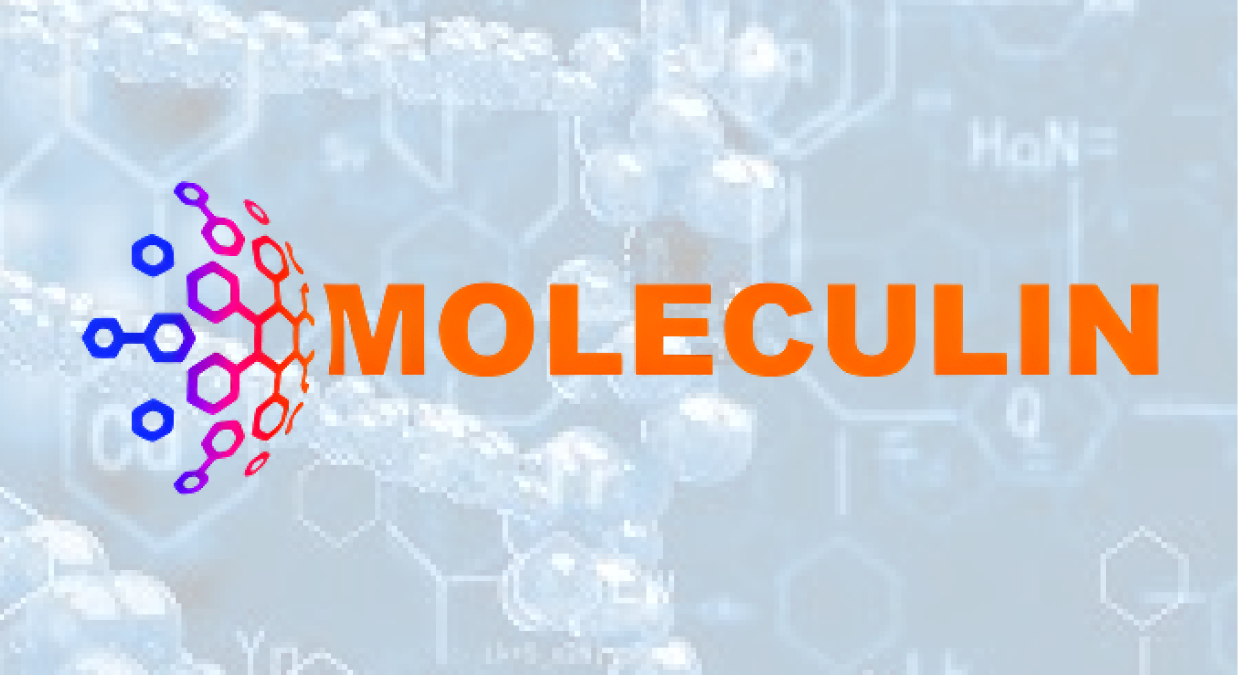Moleculin Strengthens Annamycin Intellectual Property Portfolio With The Grant Of Two New U.S. Patents
Moleculin gains two new U.S. patents for Annamycin, boosting its cancer drug IP and exclusivity.
Breaking News
May 06, 2025
Simantini Singh Deo

Moleculin Biotech, Inc., a late-stage pharmaceutical company focused on developing treatments for difficult-to-treat cancers and viruses, has announced that the United States Patent and Trademark Office (USPTO) has granted two new patents related to its lead drug candidate, Annamycin. These patents further strengthen the company’s intellectual property portfolio around Annamycin, a novel anthracycline with the potential to treat a wide range of cancers without the common risk of heart toxicity.
The first patent, U.S. Patent No. 12,257,261, titled “Preparation of Preliposomal Annamycin Lyophilizate,” covers methods for manufacturing liposomal Annamycin in a freeze-dried (lyophilized) form. The second, U.S. Patent No. 12,257,262, titled “Method of Reconstituting Liposomal Annamycin,” includes claims for preparing the liposomal Annamycin suspension. Both patents currently have a base term extending to June 2040, with the possibility of term adjustments based on regulatory timelines or delays in the patent prosecution process. In addition to these newly granted patents, Moleculin has multiple other patent applications for Annamycin under review in the U.S., Europe, and other key global markets.
Annamycin stands out as a next-generation anthracycline, being developed to address major limitations of conventional chemotherapy drugs in its class, particularly cardiotoxicity. It uses a unique lipid-based delivery system designed to improve effectiveness and safety. The drug is currently in clinical development for two key indications: relapsed or refractory acute myeloid leukemia (AML) and soft tissue sarcoma lung metastases (STS lung mets). Notably, Annamycin has shown no evidence of heart damage in preclinical and clinical testing so far.
Wally Klemp, Chairman and CEO of Moleculin, said in a statement, “We remain focused on expanding our intellectual property portfolio for Annamycin. Following the issuance of two U.S. patents in 2024, these new patents enhance the exclusivity of Annamycin, bringing to four the total number of U.S. patents related to Annamycin, in addition to the European patents granted. Based on the data seen to date and feedback we continue to receive from clinicians and patients, we are dedicated to advancing this important and much needed treatment option forward. We continue to make solid progress in our ongoing pivotal, adaptive Phase 3 MIRACLE trial and remain on track to report initial data in the second half of 2025.”
Supporting its potential, Annamycin has already been granted Fast Track Status and Orphan Drug Designation by the U.S. Food and Drug Administration (FDA) for the treatment of relapsed or refractory AML, as well as Orphan Drug Designation for treating STS lung metastases. The drug has also received Orphan Drug Designation from the European Medicines Agency (EMA) for relapsed or refractory AML. Furthermore, promising preclinical data from a leading cancer research center suggests Annamycin may have therapeutic potential in other cancer types as well, highlighting its broad applicability.
